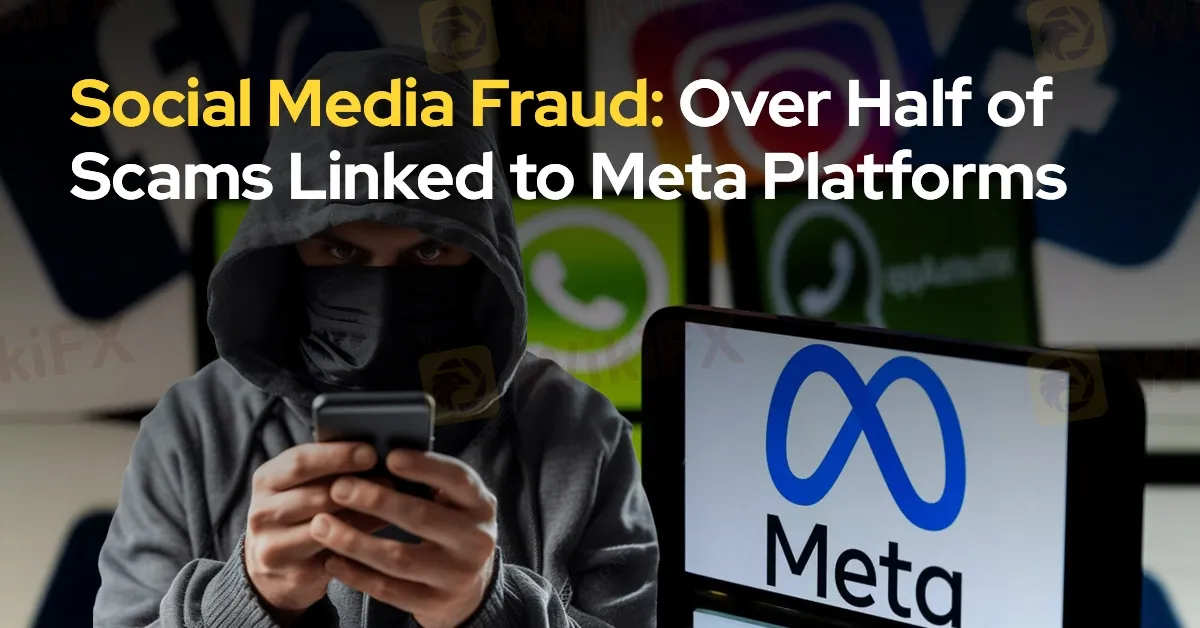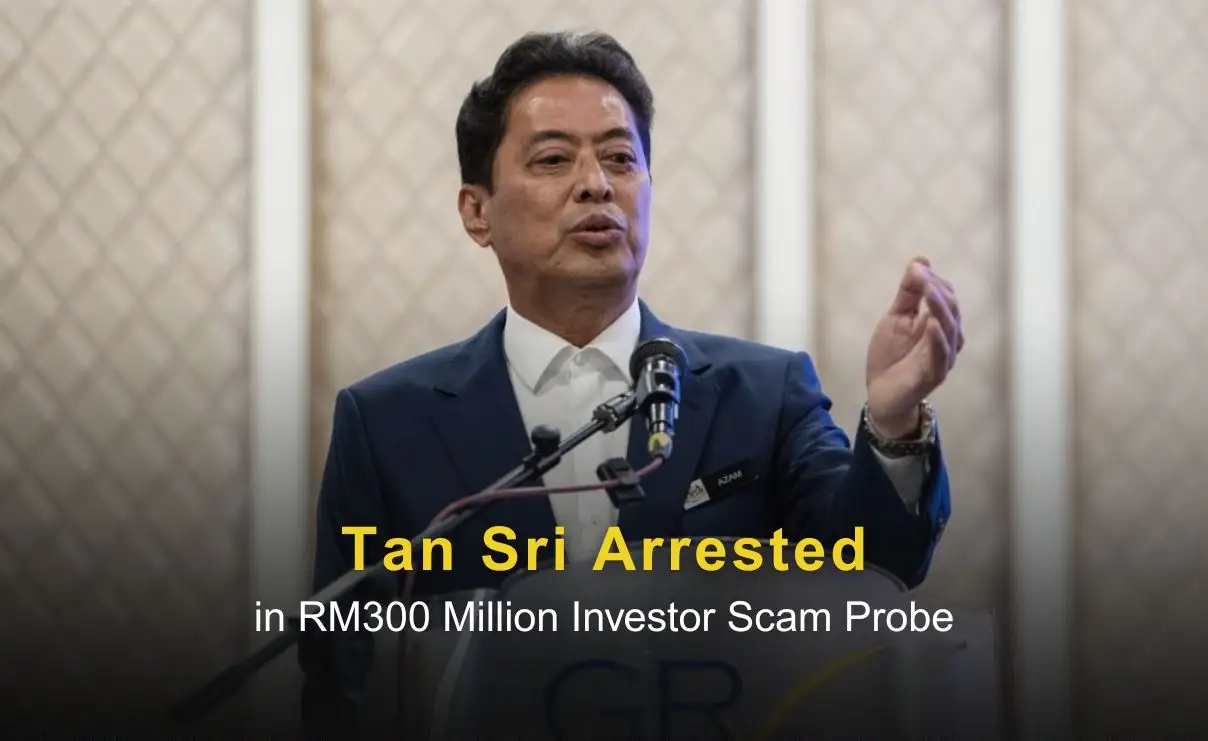Abstract:Social media platforms owned by Meta, including Facebook, Instagram, and WhatsApp, were linked to more than half of all scam incidents reported last year, according to a report by the Payment Systems Regulator (PSR).

Social media platforms owned by Meta, including Facebook, Instagram, and WhatsApp, were linked to more than half of all scam incidents reported last year, according to a report by the Payment Systems Regulator (PSR). These platforms accounted for 54 per cent of scam cases and approximately £1 in every £5 lost to fraudulent schemes.
The report highlighted how Metas platforms were not only a key avenue for scams but also played a significant role in romance-related fraud. They were implicated in 31 per cent of romance scams, exceeding the number of cases linked to all dating websites combined. Fraudsters also leveraged phone calls and text messages in 12 per cent of scams, which resulted in 31 per cent of total losses. Emails, while involved in only 2 per cent of cases, accounted for 10 per cent of the money lost.
Investment scams caused the largest financial losses, despite making up only 6 per cent of reported incidents. These scams were responsible for 23 per cent of the total money stolen from victims, highlighting their devastating financial impact.

The growing use of social media and telecommunications networks by scammers has drawn widespread criticism of tech companies, particularly for their perceived lack of action in addressing the issue. Campaigns such as Money Mail have been urging social media platforms to implement stronger measures to protect users from fraud and mitigate the social media fraud epidemic.
A spokesperson for Meta stated that tackling organised scams requires a comprehensive approach involving collaboration across industries. The company has invested in improving detection technologies and works with law enforcement and financial institutions to address the problem.
The PSRs findings underscore the need for coordinated efforts between social media platforms, telecom providers, and regulators to combat online scams effectively. Authorities are urging users to exercise caution, report suspicious activity, and stay informed about evolving scam tactics.
As scammers continue to exploit digital platforms, awareness and prevention remain key to minimising losses and protecting potential victims.

Under no circumstances should you engage with an investment scheme advertised on social media that promises high returns or sounds too good to be true without exercising caution. If in doubt, download the free WikiFX mobile application from Google Play or the App Store. This global broker regulatory query platform, at your fingertips, provides detailed information about brokers, including their regulatory status, customer reviews, and safety ratings. It allows users to verify the legitimacy of investment platforms before committing their money. With access to in-depth insights and risk alerts, WikiFX equips potential investors with the tools to make informed decisions and steer clear of unauthorised or unlicensed entities. By using WikiFX, users can safeguard their savings and avoid the costly traps of fraudulent investment syndicates.












